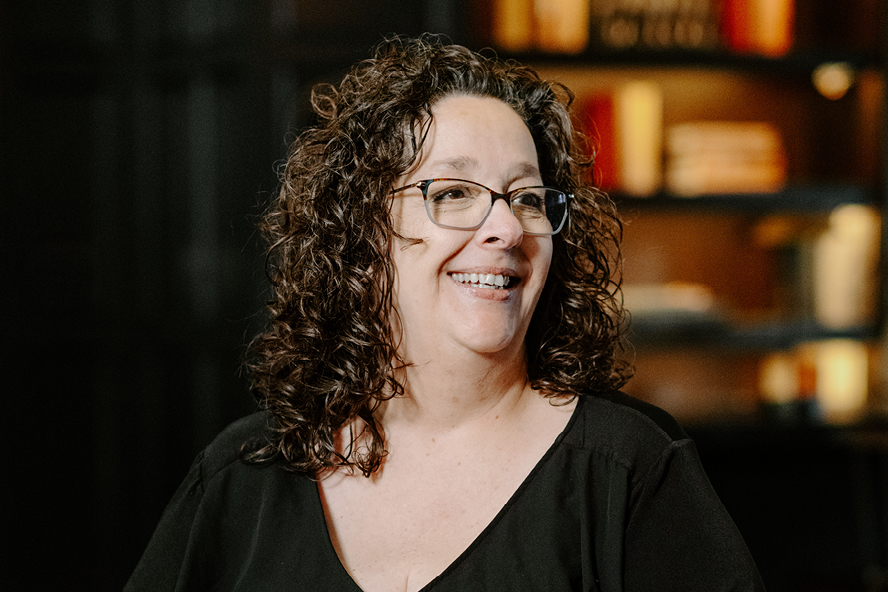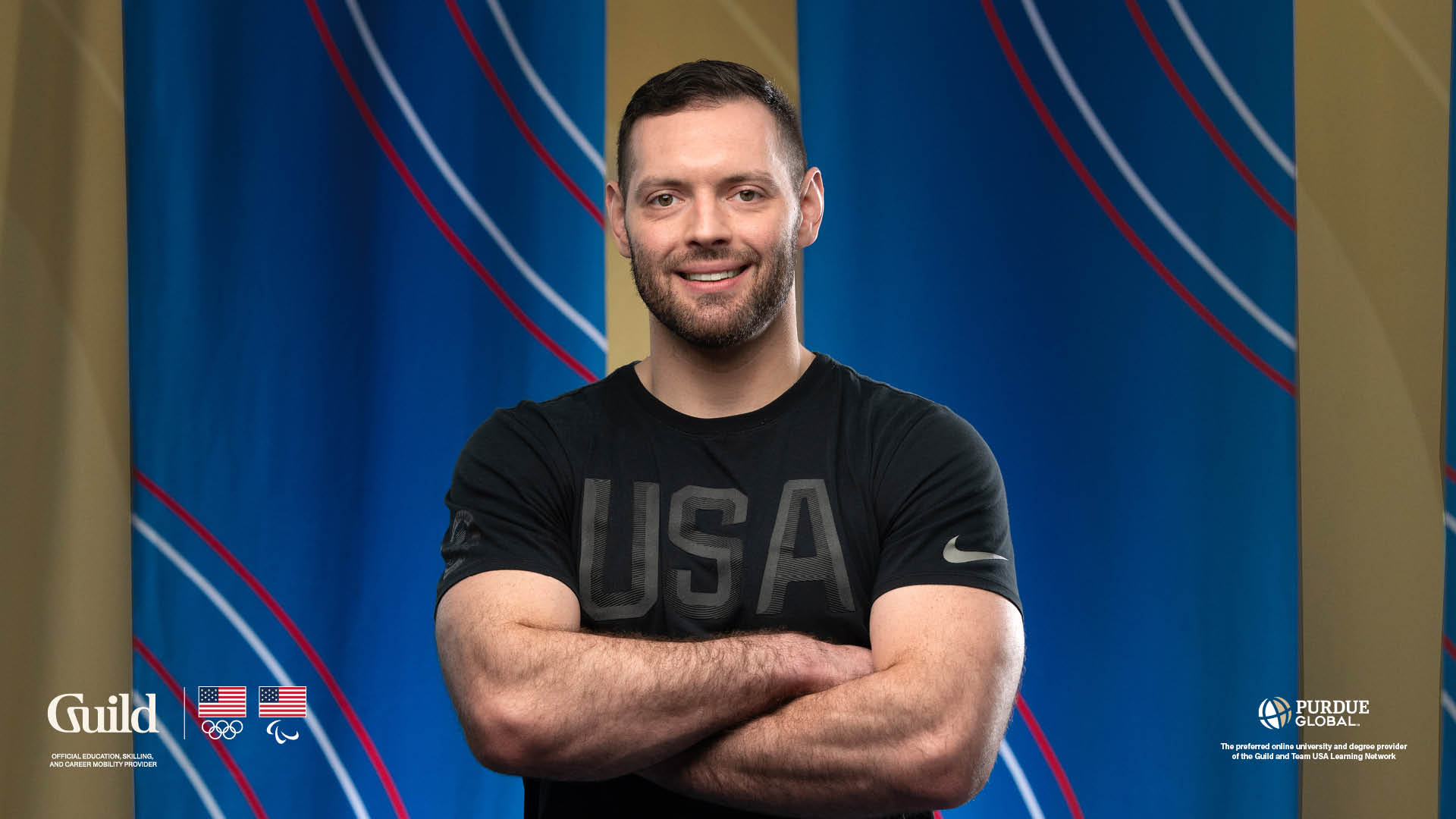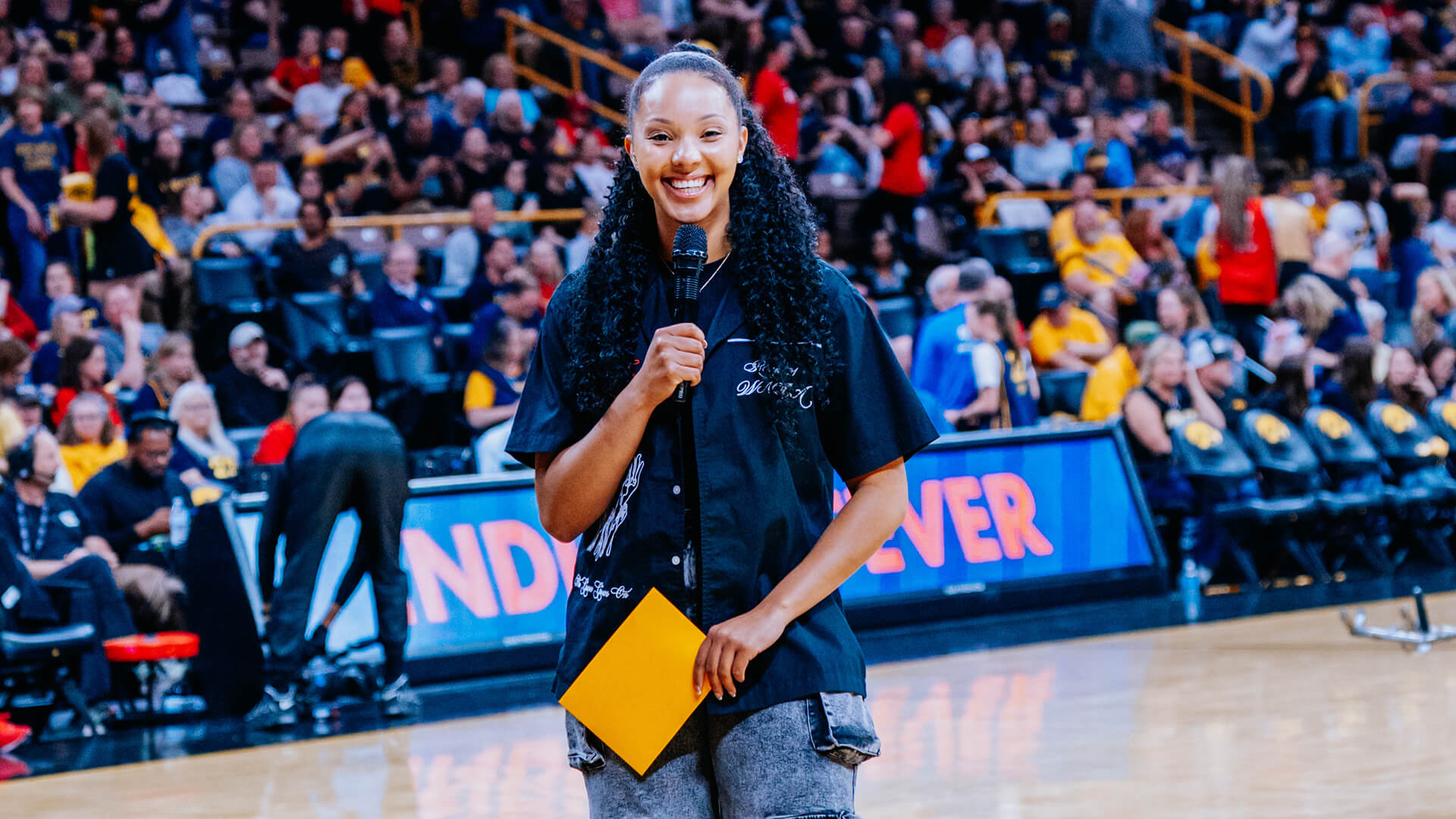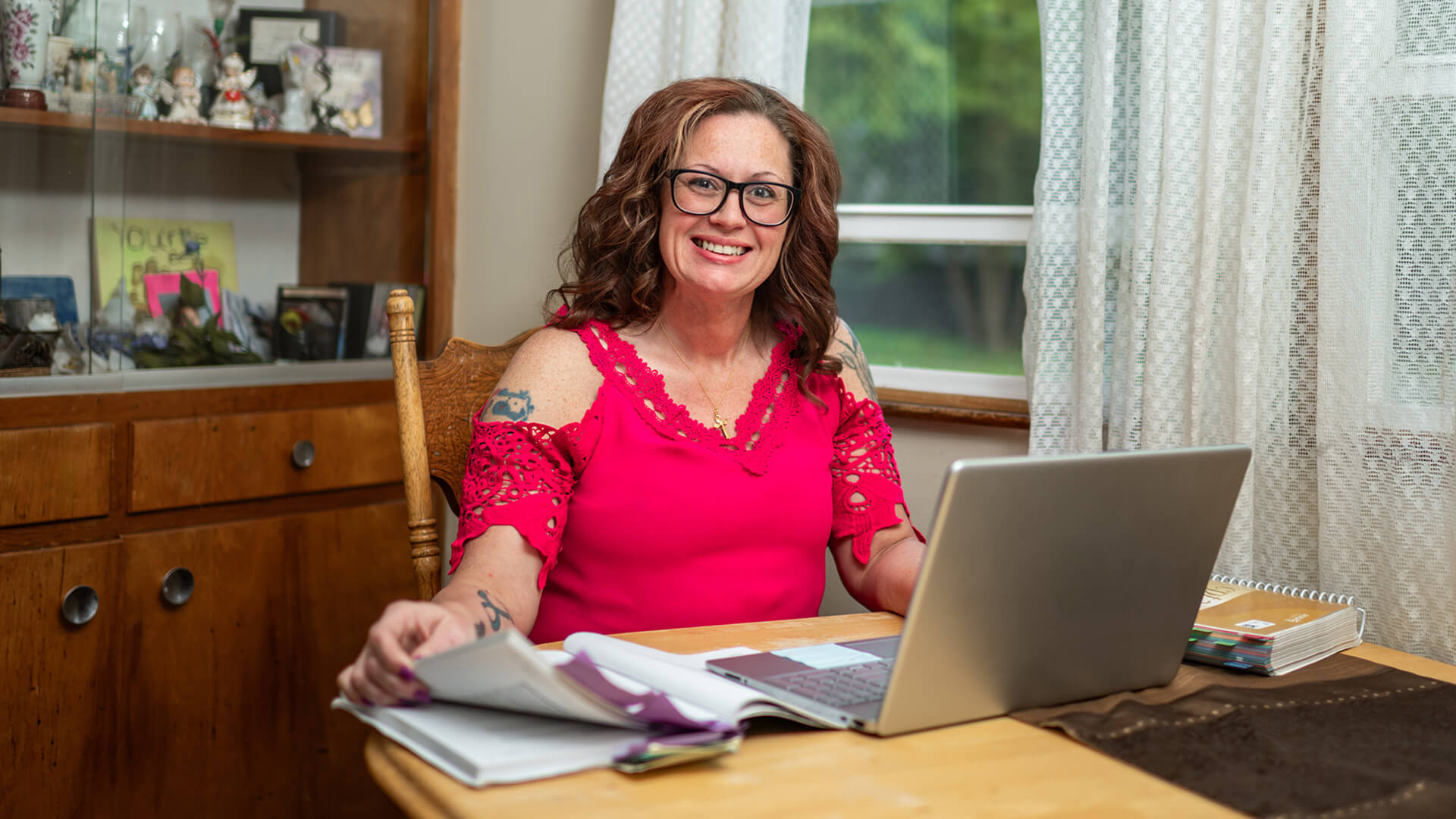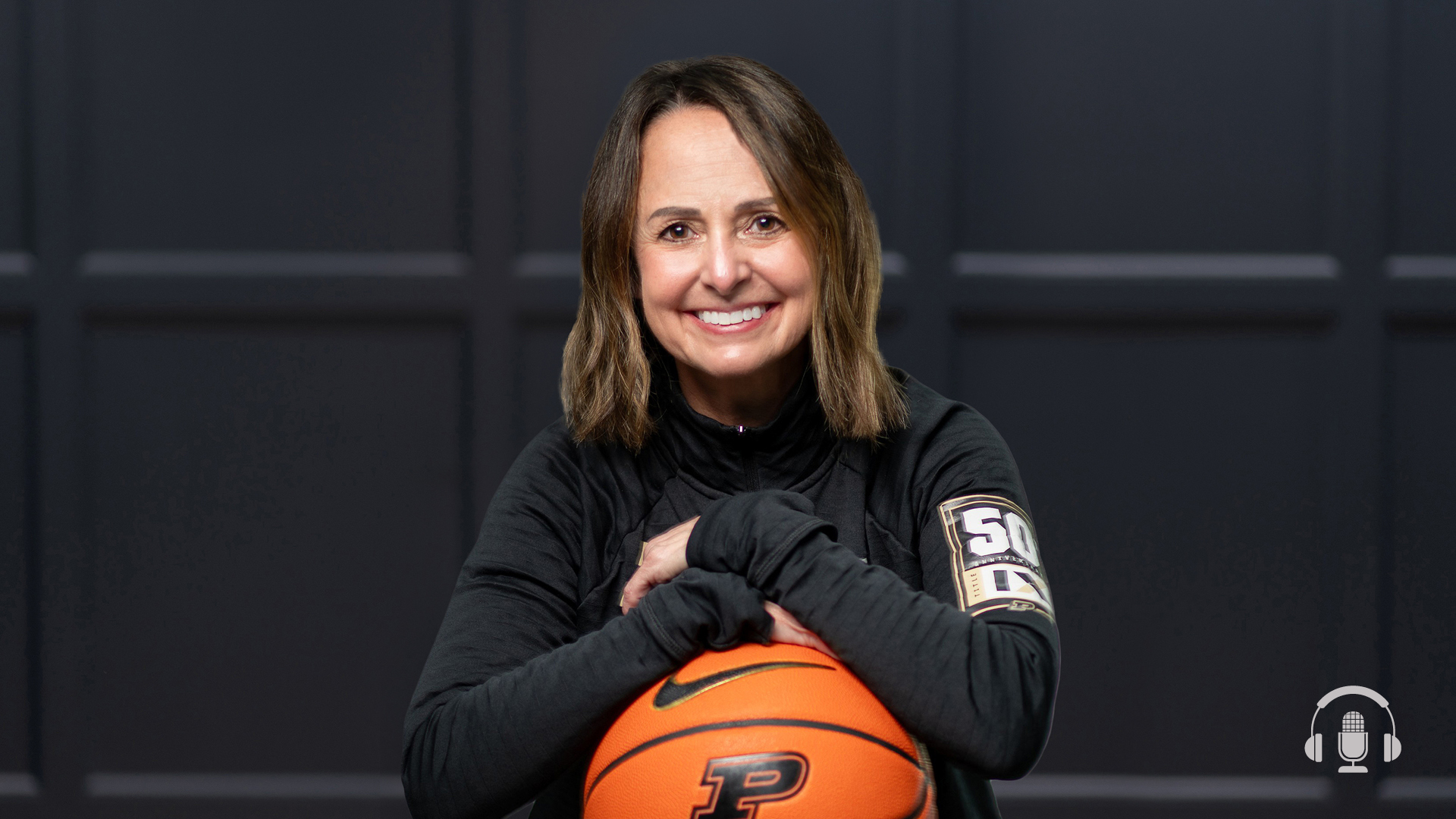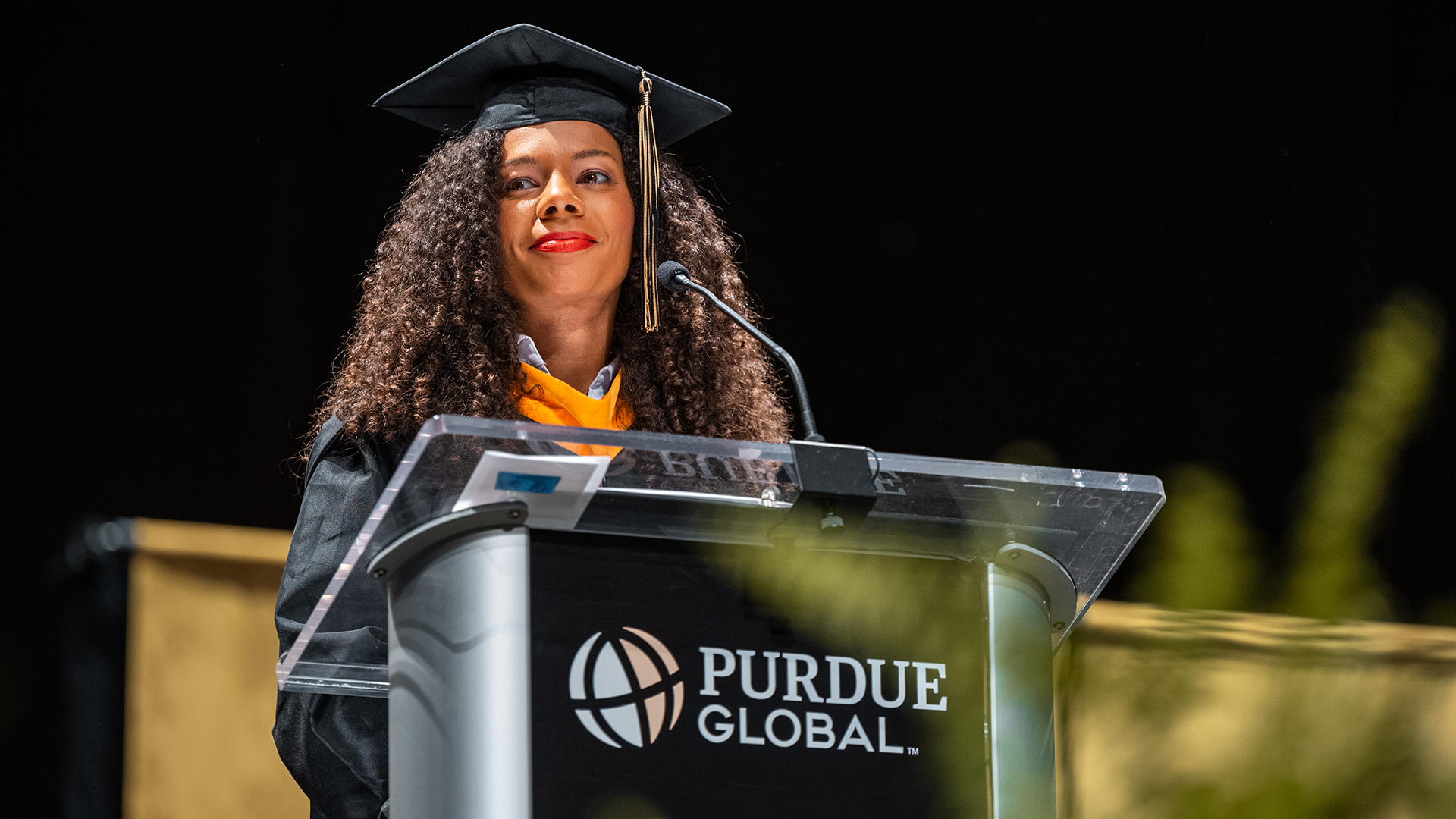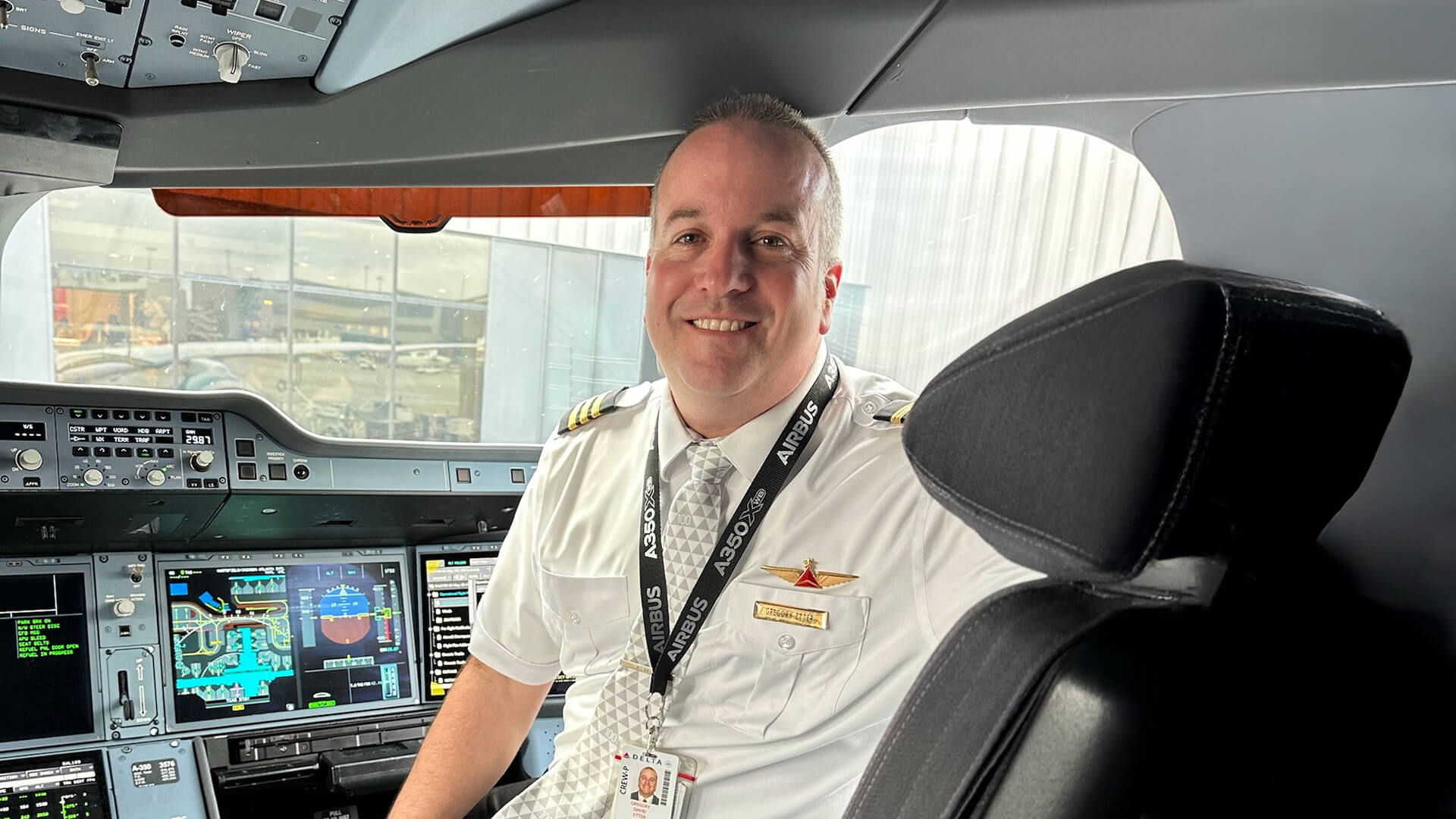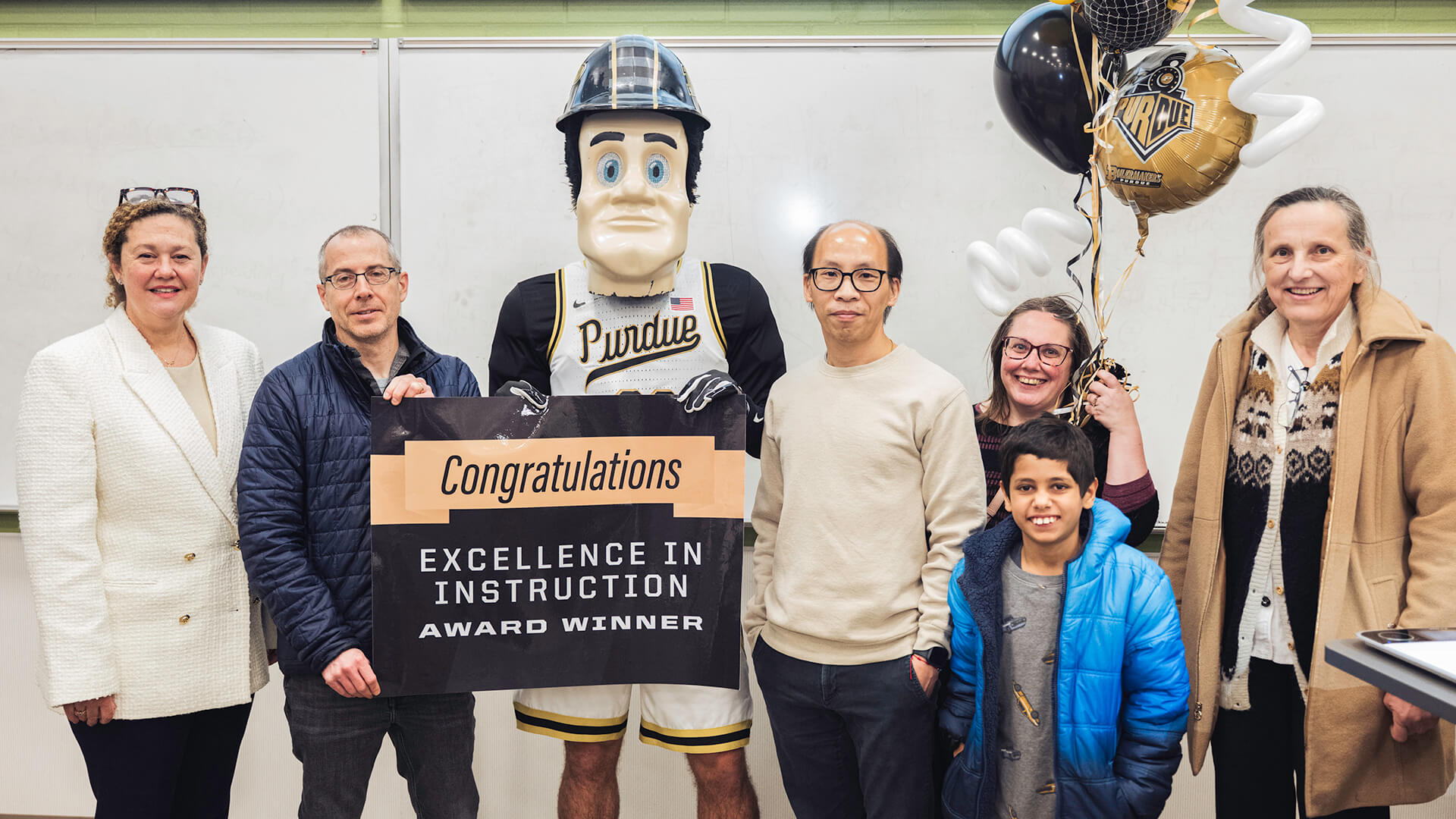Meet Lynda: A Purdue Global professor explains the why behind the work
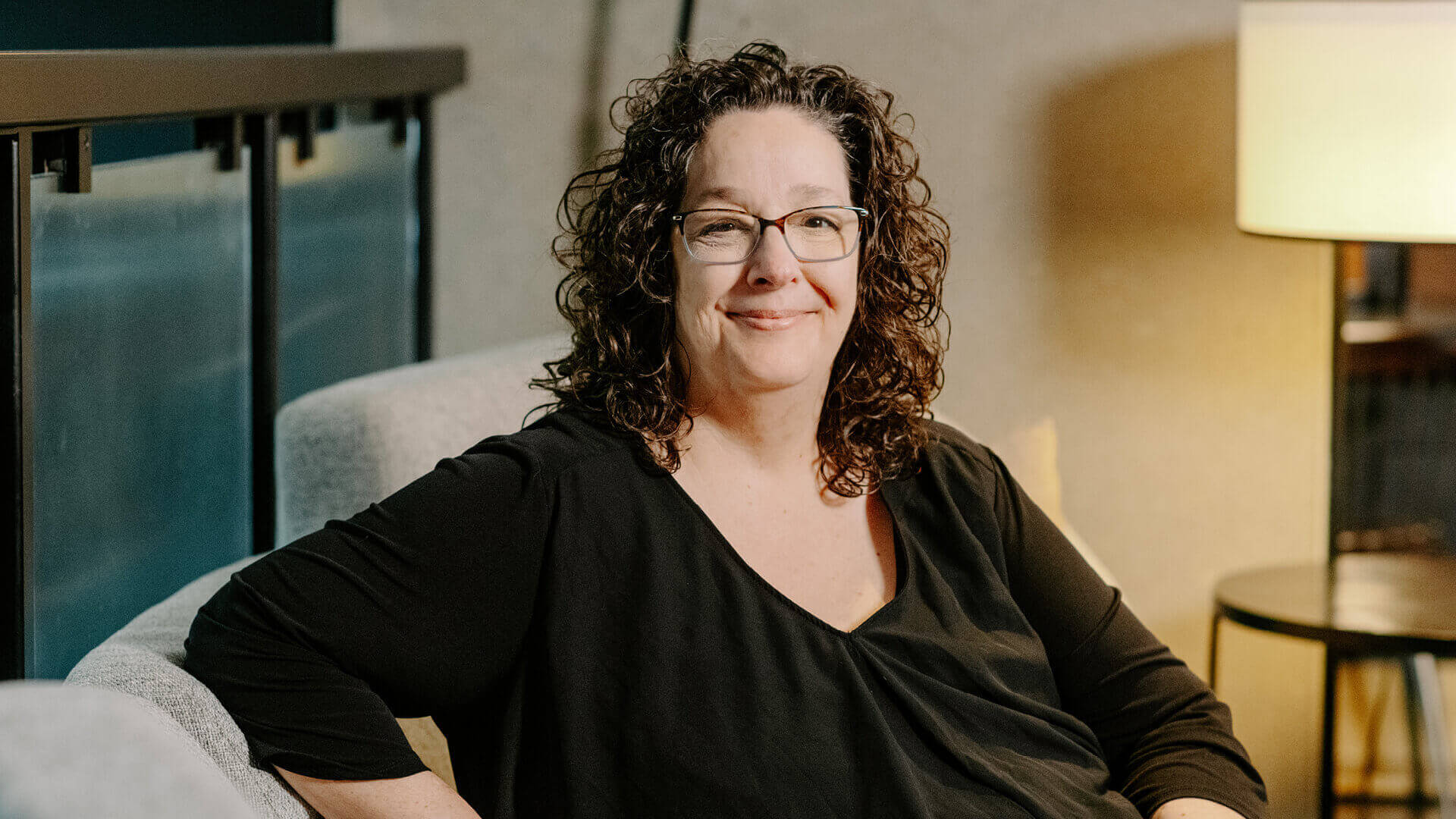
Lynda Mitton, MS, worked as an addictions counselor and educator for 15 years before becoming a full-time faculty member in Purdue Global’s psychology department.
She’s invested in her students’ success, and it’s personal
For me, working in psychology and concentrating on addiction and trauma was driven by a personal motto of mine: “Go back and get the others.”
I’ve been sober just over 23 years now, but I knew there were other people out there still in the depths of it, and there are still families seeing their loved ones suffer. Being able to make that life-changing difference for others — that’s what started me down this path.
I teach full time now. Sometimes I miss working directly with patients, but I love having a hand in shaping the next generation of counselors. The ones coming up next, we’re going to turn the field over to them, and I want to do it right. I’m passionate about this field, and handing it over is a huge responsibility. I want to make sure those who are going to be helping others feel prepared to do it.
I’m passionate about this field, and handing it over [to the next generation] is a huge responsibility. I want to make sure those who are going to be helping others feel prepared to do it.
Lynda Mitton
Professor, Purdue Global
Teaching adult learners through Purdue Global is a unique experience. One of the things I love about teaching them is what they bring to the classroom — what they know. They have such a range of experiences. Some are already working in entry-level positions, and they’re able to share their experience in the discussions and seminars in the classroom. In any discipline, having some career experience is helpful because students collaborate, share their experiences in different areas and discuss how all of this comes together and benefits them, their future clients and their communities.
Plus, it means something to me personally. My dad was an adult learner, too. When he went back to school, he and my mom had to pick up our family and move across the country. He went to school full time and worked two jobs. My mom was a stay-at-home mom. Sometimes the stress was so cumulative, and you know when you get so sleep-deprived, you just can’t think right. When he was two weeks — two weeks! — from graduation, even though he was that close, he reached a point where he just said, “I can’t. I can’t finish.”
Now, my mom rarely crossed my dad. But this was the one time she did. She said, “Oh, no you don’t. You didn’t take us through all of that just to quit now.” She literally sent him to bed. She called in to school, she called in to work for him, and he slept for two days straight. Then he got up and finished strong.
Sometimes I think our students reach that point, wherever they are in their journey. And I really empathize with them. They’ve already come back to school; they’ve taken that step. But there are always next steps. I always say they do have to finish this term — quitting is not an option — but they don’t have to do it today.
I tell them the story of when I was starting my dissertation. Somebody told me if you write for 15 minutes a day, you can be done with your dissertation in a year. That changed my perspective. I didn’t think I could write a whole dissertation, but I could write for 15 minutes a day. My students might not be dissertating yet, but they might be looking at a final paper and overwhelmed by all the pages, all the references they need. I tell them not to find all the references today; find one. Then, go get yourself a cup of coffee and reward yourself. Feed your kids and do whatever else you have to do because you’re an adult student. Then come back and find one more.
If my students can go out into the world and undo some of that stigma, we won’t just be undoing the wreckage. We can prevent addiction before it starts.
Lynda Mitton Professor, Purdue Global
Don’t do it all right now. Take one piece. Do the next right thing.
“Do the next right thing” is a recovery slogan, but it absolutely applies. Concepts that we teach in recovery apply to most human experiences because a lot of it is like finishing growing up and becoming a more well-rounded person. It goes well beyond not drinking and not drugging anymore. It’s becoming a person who has coping skills and doesn’t even want to do that anymore.
My goal is to teach those coping skills and then show my students how to teach them to others.
As they launch their careers, I want my students to experience and create one thing: a world where treating mental health is the norm. In many, many parts of our society, addiction is still a very stigmatized area. But they’re somebody’s mother, daughter, son, brother. They’re people like anybody else, and their addiction isn’t the sum total of who they are. They matter.
If my students can go out into the world and undo some of that stigma, we won’t just be undoing the wreckage. We can prevent addiction before it starts.
